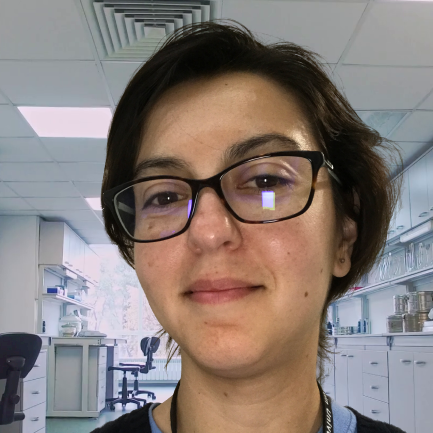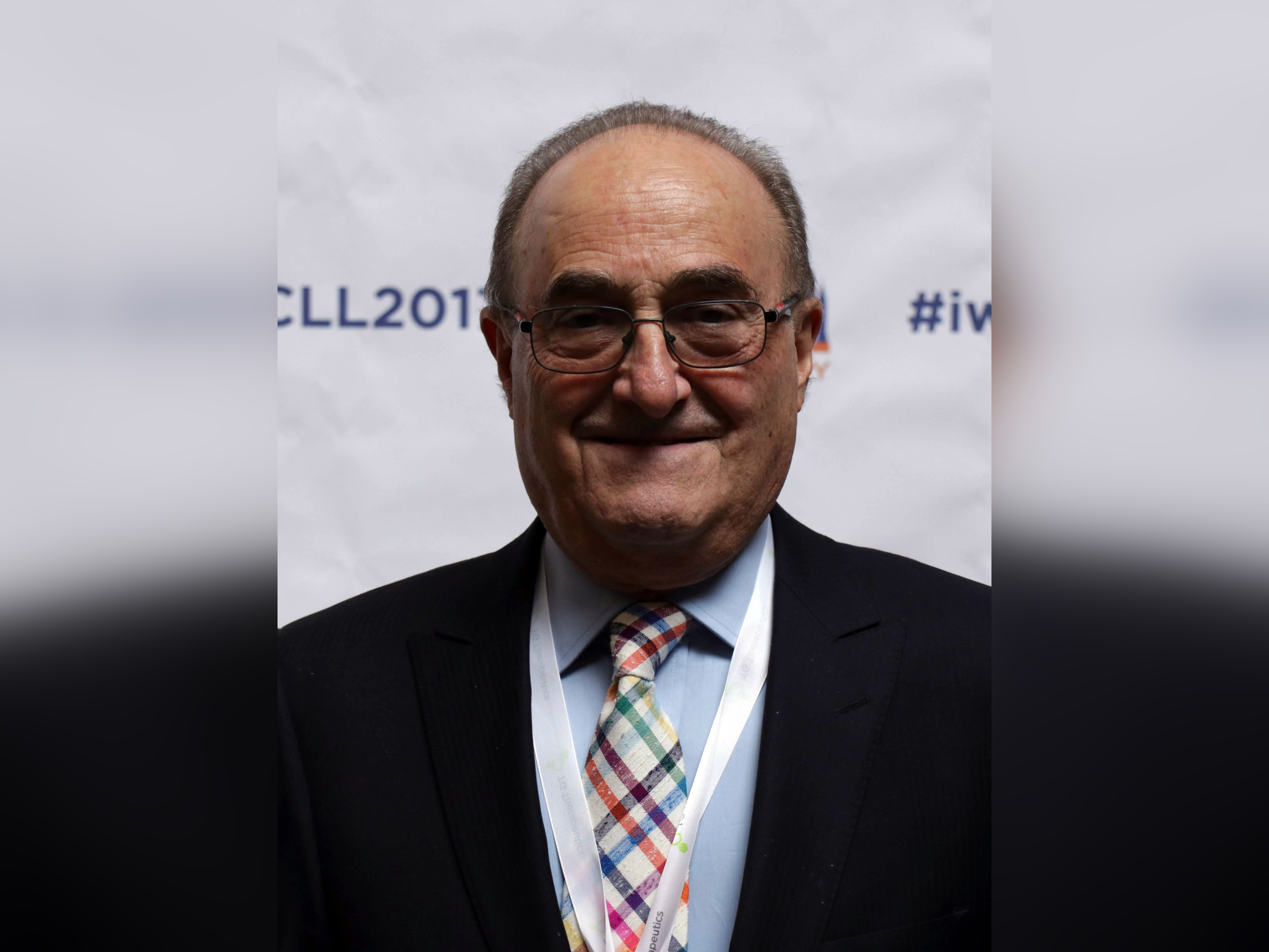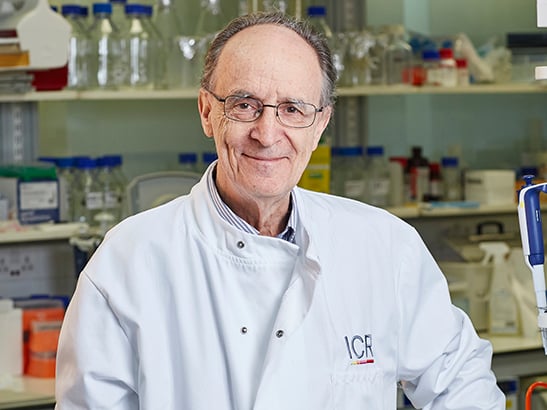Biology of Childhood Leukaemia Group
Professor Mel Greaves’ Biology of Childhood Leukaemia Group is funded by The Kay Kendall Leukaemia Fund and Leukaemia & Lymphoma Research and seeks to uncover the causes of childhood acute lymphoblastic leukaemia (ALL).
Our group seeks to uncover the pre-clinical natural history, clonal evolution and aetiology of childhood acute lymphoblastic leukaemia (ALL).
Professor Sir Mel Greaves, Biology of Childhood Leukaemia Group
- Our specialist programme funded by Cancer Research UK is focussed on mouse modelling of the role of the gut microbiome in susceptibility to infection triggered leukaemia.
- Continued investigation of the genetics of leukaemia in pairs of identical twins (world wide).
Biology of Childhood Leukaemia
Our specialist programme of research (funded by The Kay Kendall Leukaemia Fund and Leukaemia & Lymphoma Research) seeks to uncover the pre-clinical natural history, clonal evolution and aetiology of the major subtype of paediatric leukaemia: childhood acute lymphoblastic leukaemia (ALL).
Individual projects in the portfolio are designed to endorse developmental models for these leukaemias involving pre-natal initiation and a trigger for overt clinical disease involving abnormal immune responses to infection.
We have an extensive network of UK-based and international collaborators providing access to patient samples. Our epidemiological interests are pursued via the UK Children’s Cancer Study Group (UKCCS) and via international cooperation (e.g. Brazil, Hong Kong, Japan and Italy). Our genetic studies on inherited susceptibility to ALL are pursued in collaboration with Professor Richard Houlston and colleagues in the Genetics Section of the Institute of Cancer Research (ICR).
Key review references to group’s work:
- Greaves MF (2006) Infection, immune responses and the aetiology of childhood leukaemia. Nature Reviews Cancer, 6: 193-203.
- Greaves MF, Maia AT, Wiemels JL, Ford AM (2003) Leukemia in twins: lessons in natural history. Blood, 102: 2321-2333.
- Greaves MF, Wiemels J (2003) Origins of chromosome translocations in childhood leukaemia. Nature Reviews Cancer, 3: 639-649.
- Greaves M (2007) Darwinian medicine: a case for cancer. Nat Rev Cancer, 7: 213-221.
- Anderson K, Lutz C, van Delft FW, Bateman CM, Guo Y, Colman SM, Kempski H, Moorman AV, Titley I, Swansbury J, Kearney L, Enver T, and Greaves M (2011) Genetic variegation of clonal architecture and propagating cells in leukaemia. Nature, 469: 356-361.
- Greaves M and Maley C (2012) Clonal evolution in cancer. Nature, 481: 306-313.
- Greaves M (2015) Evolutionary determinants of cancer. Cancer Discovery, 5: 806-820
- Pappaemannuil et al (2014). Nature Genetics, 46: 115-125. (See my full list of papers for details)
Greaves M (2018) A causal mechanism for childhood acute lymphoblastic leukaemia. Nature Reviews Cancer, 18: 471-484.
Sir Mel Greaves
Group Leader:
Biology of Childhood Leukaemia
Professor Sir Mel Greaves is the Founding Director of the ICR Centre for Evolution and Cancer. Professor Greaves is investigating what triggers leukaemia in children. He has received many awards for his work and is a Fellow of the Royal Society, an Honorary Member of the Royal College of Physicians, and a Fellow of the United Kingdom Academy of Medical Sciences.
Researchers in this group
 .
.
Dr Sureyya Kose recently earned her PhD in Chemistry, investigating the interaction between microbial gene expression and host innate immunity to reveal processes that may lead to cholelithiasis. Presently, her work involves the identification of genetic susceptibility to childhood cancer.
Sir Mel Greaves's group have written 50 publications
Most recent new publication 18/3/2008
See all their publicationsRecent discoveries from this group


 .
.

